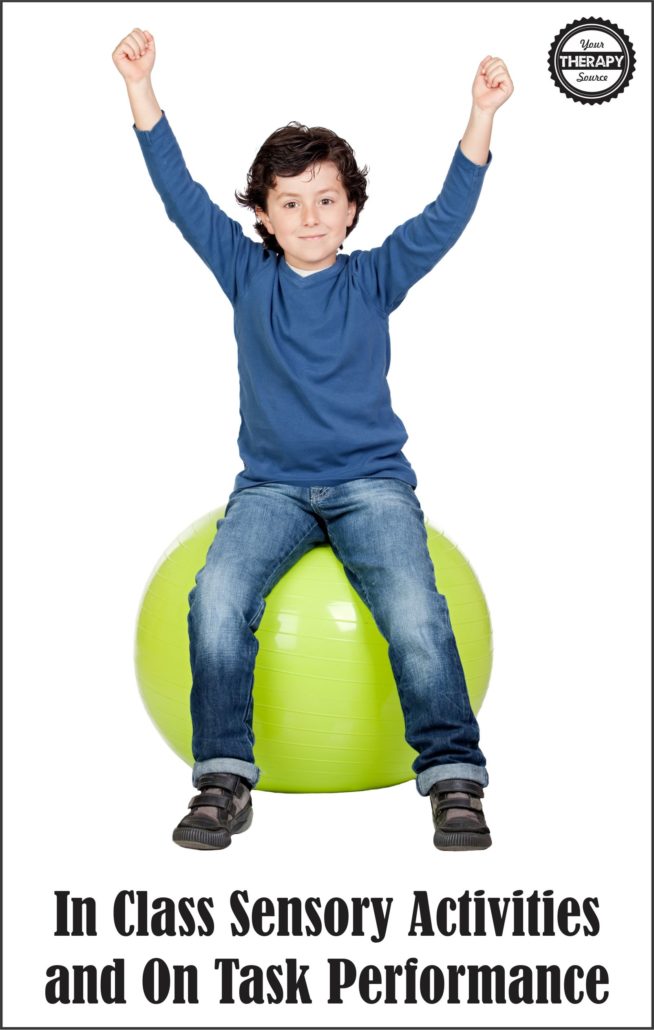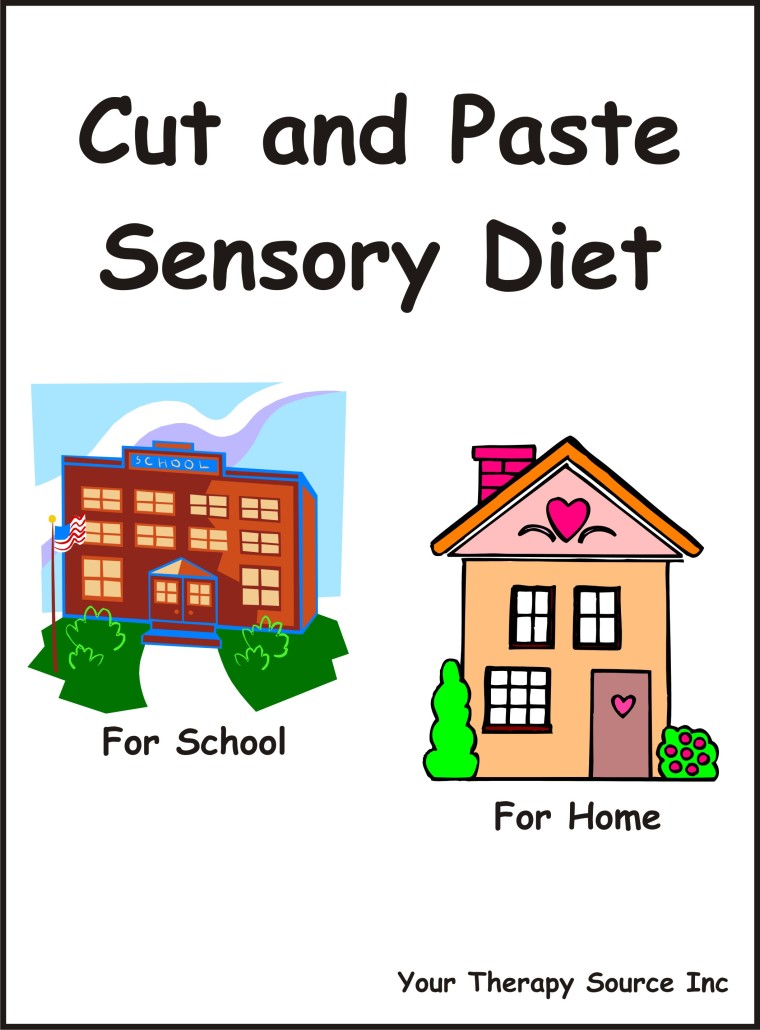In Class Sensory Activities and On Task Performance
The British Journal of Occupational Therapy published research on in class sensory activities and on task performance of 4 students with autism using a non-concurrent, AB single system research design across multiple baselines. Data was collected by school staff using video recording during classroom tasks. Stage one of the Perceive, Recall, Plan, Perform (PRPP) System of Task Analysis was used as a repeated measure of student performance. The PRPP system allows a therapist to identify errors in task performance in relation to occupational performance. Ratings were carried out by independent raters who were blinded to the condition of performance.
The interventions used in this study consisted of:
- aspect comprehensive approach to education – is an evidence-informed framework guiding everyday educational practice for students with ASD which was already taking place at the school
- sensory activity schedule (SAS) – a functional, context-embedded approach to classroom management of atypical sensory responses that is individualized for each child with autism and school staff. The sensory activities were approximately 10 minutes. Some examples were bouncing on therapy ball and jumping on mini trampoline.
- task specific and teacher directed.
The results indicated the following:
- three out of four students achieved significant improvements in classroom task performance following the use of sensory activity schedule intervention developed in consultation with an occupational therapist as measured by the task analysis.
The researchers concluded that this study indicates promising results for improvements in task mastery following the SAS intervention.
Check out Cut and Paste Sensory Diet to provide visual supports throughout the school day and at home for sensory activities schedules.
Reference: Caroline Mills, Christine Chapparo, and Joanne Hinitt. The impact of an in-class sensory activity schedule on task performance of children with autism and intellectual disability: A pilot study. British Journal of Occupational Therapy 0308022616639989, first published on April 28, 2016 doi:10.1177/0308022616639989




